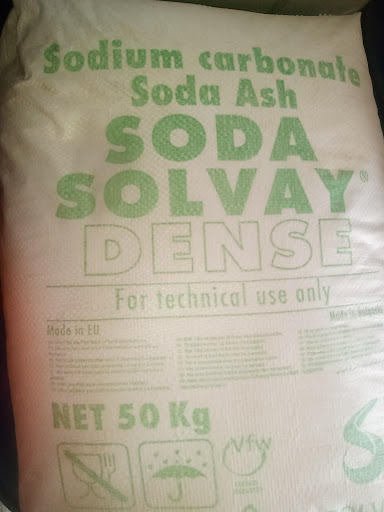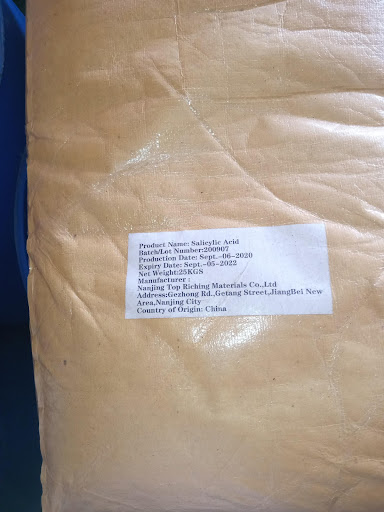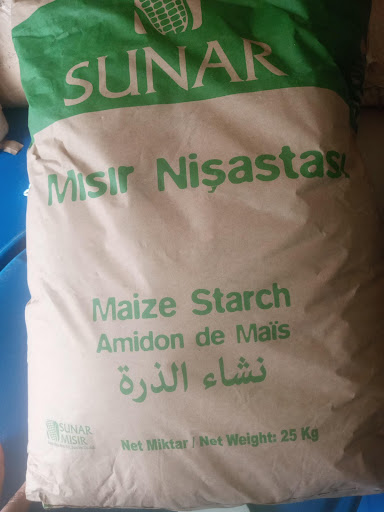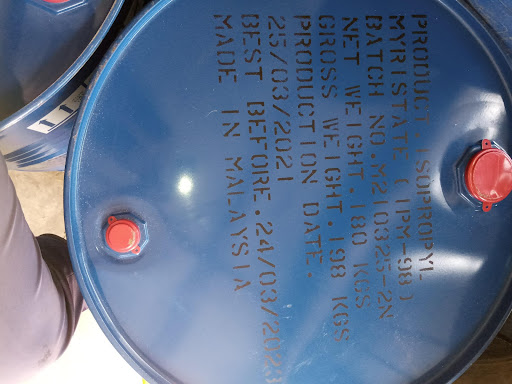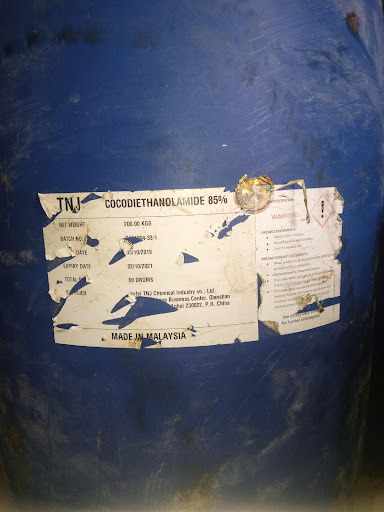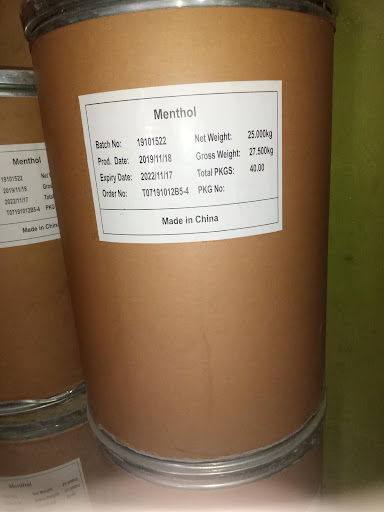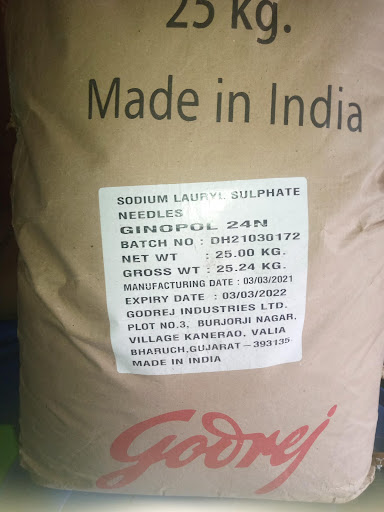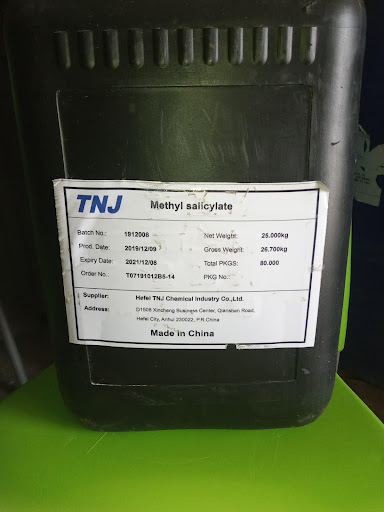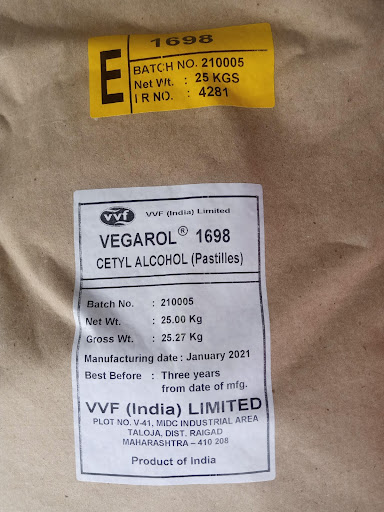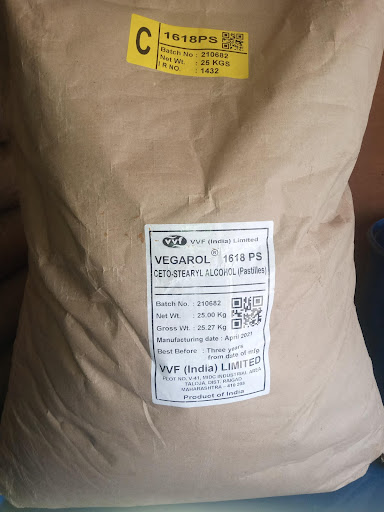All Your Manufacuring Chemical Needs In One Place
Manufacturing Made Seamless, Efficient, Yet Cost-Effective …
About Us
Charles Bright Chemicals Limited (RC – 1872668) is a Nigerian-owned business venture specialised in wholesale and retail distribution of all manufacturing chemicals for various industries: food grade chemicals for food processing industries, “technical” chemicals for cosmetics production, pharmaceutical grade chemicals and chemicals for textile manufacturing. Because we are very versatile, we are able to bring you chemicals for water treatment, chemicals for paint production and laboratory chemicals.
We have strategic partnerships and alliances with top local and international distributors and chemical producers.
We are excellent chemical scientists as well as businessmen, well versed in ensuring efficient supply chain management for your manufacturing feed stock.
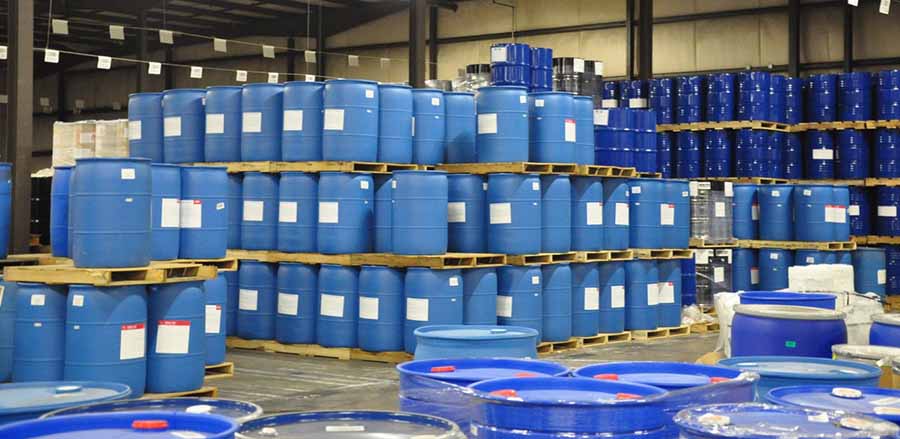
Our Chemical Products

Cosmetics Chemicals (Technical Grade)
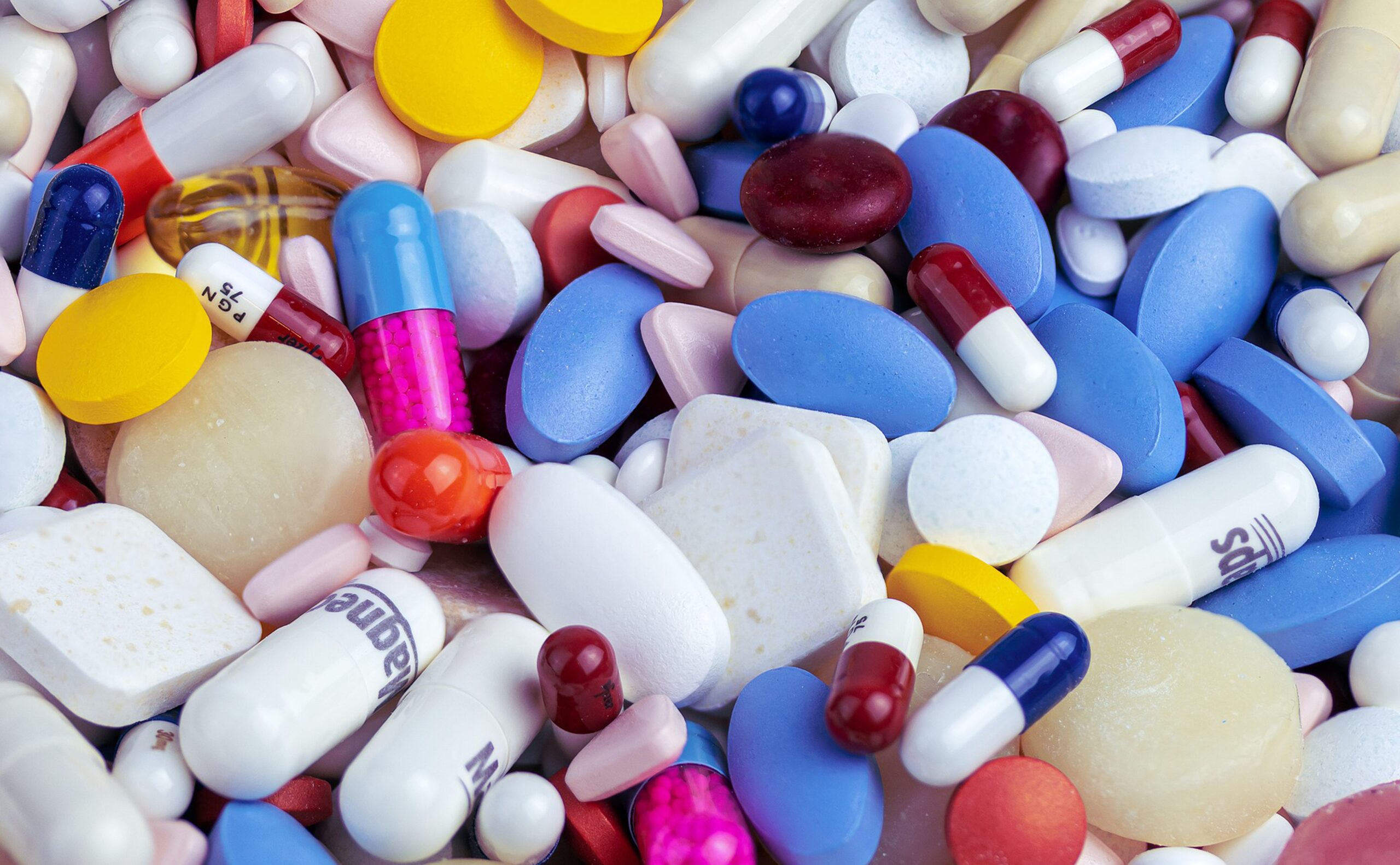
Pharmaceutical Grade Chemicals

Textile Grade Chemicals

Food Grade Chemicals

Paint Production Chemicals
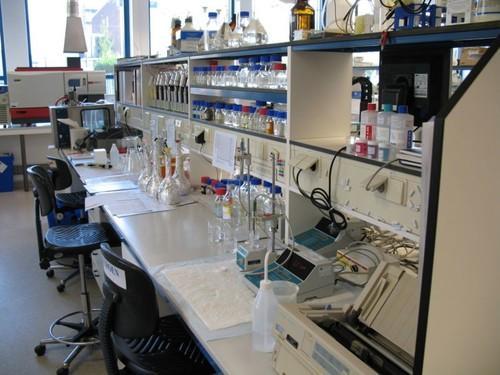
Laboratory Grade Chemicals
Cosmetic Chemicals (Technical Grade)
Technical grade chemicals are the lowest grade of chemical in terms of purity level and quality level. The chemical product belongs to this category are intended for industrial where high purity of chemical reagents and precursor is not completely important as long the intended end product is achieved. Technical grade products may be made with ingredients that are very non pure, may contain numerous filler ingredients and offer minimal effectiveness. Often used in large scale commercial manufacturing, technical grade chemicals are not generally suitable for use in applications requiring much lower levels of impurities. Examples sodium lauryl sulfate, cetyl alcohol, cetostearyl alcohol.
Technical grade chemicals specifically refer to any chemical substance or compound, other than those for domestic use, which proves itself capable of replacing some commodity material such as an agricultural produce (e.g., oils), animal body fluids (milk, blood plasma), raw materials such as coal and wood (carbon black) etc. All these relate directly or indirectly with human life either by their consumption or decomposition into simpler forms of matter suitable for physiological assimilation through metabolism by living organisms. Material derived from refined crude oil which has been processed as much as possible before being sold wholesale (in contrast to petroleum refineries) are also referred to as technical grade chemicals. These are principally used in cosmetics.
Pharmaceutical Grade Chemicals
A pharmaceutical grade compound is defined as any active or inactive drug, biologic or reagent, for which a chemical purity standard has been established by a recognized national or regional body, for example Food and Drugs Administration (FDA), the United States Pharmacopeia (USP), British Pharmacopeia (BP), National Formulary (NF), European Pharmacopeia (EP) to be used in humans or animals. These standards are used by manufacturers to help ensure the products are of the appropriate chemical purity and quality, in the appropriate solution or compound, to ensure stability, safety, and efficacy. The FDA maintains a database listing approved commercial formulations for human drugs (the Orange Book) and veterinary drugs (the Green Book). For chemicals, a certificate of analysis is usually available upon request.
Pharmaceutical grade can also be seen as raw materials that meet the pharmaceutical standards for manufacturing. They are highly pure and contain no binders, fillers, or other unknown substances. Example of pharmaceuticals grade chemical includes Menthol crystal, Peppermint oil.
Textile Grade Chemicals
Textile grade chemicals refers to manufacturing chemicals used in manufacturing of textiles and textile products like yarn, fabric and finishing chemicals. They include manufacturing auxiliaries, processing chemicals and dyestuffs. Textile grade chemicals are selected based factors such as manufacturing process, application area and quality requirements.
Food Grade Chemicals
FOOD GRADE chemicals refer to non organic or organic chemical additives that are added to foods in order to make it taste well, last longer and look better and other reasons. These chemicals are processed and mass produced by companies either for use by food industries or for direct household use. Food grade chemicals can be as preservative, additive, flavoring, colouring, and then vitamins and minerals.
These chemicals are added to processed food to extend their shelf life, to provide a wide range of flavoring. Example of food grade chemicals includes, sodium metabisulfite, glyceryl monostearate, dextrose monohydrate, citric acid, baking etc. Some of these food grade chemicals can be used in the house for cooking and baking such as baking soda.
Paint Production Chemicals
Paint production chemicals are chemicals used in manufacturing paint. Manufacturing chemicals are industrial organic compounds produced on a large scale for use in manufacturing other chemical products or converted into synthetic fuels, natural gas derivatives or related materials.
Laboratory Test Chemicals
Laboratory chemicals refers to any reagent not otherwise classified; i.e., any chemical not of a type normally used as an article of commerce, and which is intended for use in manufacturing or preparing other chemicals.
Featured Products
Ascorbic Acid
Ascorbic acid functions as an Antioxidant, as a Food Additive, Preservative. It is extensively used as an ingredient in anti-aging cosmetic products, as sodium ascorbate or ascorbyl palmitate.
Sodium Carbonate
Chemical manufacturers use sodium carbonate (soda ash) as a raw material in the production of food sweeteners and preservatives. In pharmaceutical applications, sodium carbonate is sometimes used as part of acid-base chemical reactions.
Salicylic Acid
Salicylic acid is an organic compound, a colorless solid, it is a precursor to and a metabolite of aspirin. It is a plant hormone. Salicylic acid is used as a food preservative, a bactericide, and an antiseptic.
Corn Starch
Cornstarch is widely used in cooking and baking. A white, tasteless, odorless carbohydrate extracted from the kernels of corn or maize, maize starch power is widely used as a stiffening agent and a thickener with many industrial applications.
Ethanol
Ethanol is one of the largest volume organic chemicals used in industrial and consumer products: in the manufacture of drugs, plastics, lacquers, polishes, plasticizers, and cosmetics.
Isopropyl Myristate
Isopropyl Myristate is most often used an additive in fragrances, shampoos, bath oils, antiperspirants, deodorants, oral hygiene products, and various creams and lotions.
Cocamide DEA
Cocamide DEA acts as a stabilizer in shampoos, foaming agent in the cosmetic products and widely used in as vital ingredient in the manufacturing of the soaps, a component of bathing oils, shampoos, hair conditioners, lipsticks and hair dye.
Menthol Crystals
Menthol is commonly used as an ingredient in oral hygiene products for its stimulating effect and cooling sensation. It is used in lozenges, ointments, and balms, makeup, hair products, and in deodorizing cosmetic products.
Sodium Lauryl Sulfate
Sodium Lauryl Sulfate (SLS), also known as Sodium dodecyl sulfate, is a widely used surfactant in cleaning products, cosmetics, and personal care products. The sodium lauryl sulfate formula is a highly effective anionic surfactant used to remove oily stains and residue.
Methyl Salicylate
Methyl Salicylate is an ester of salicylic acid that functions in personal care and cosmetic formulations as a denaturant, external analgesic, flavoring agent, and fragrance ingredient with perfuming and soothing qualities.
Cetyl Alcohol
Cetyl alcohol is used in hundreds of personal care, cosmetic, and household products, such as makeup, bath soap, detergents, shaving cream, lotions, shampoo and other products.
Cetostearyl Alcohol
Cetostearyl Alcohol has a wide range of uses as an ingredient in lubricants, resins, perfumes, and cosmetics. It is used as an emollient, emulsifier, and thickener in ointments, and is widely used as a hair coating in shampoos and hair conditioners.


